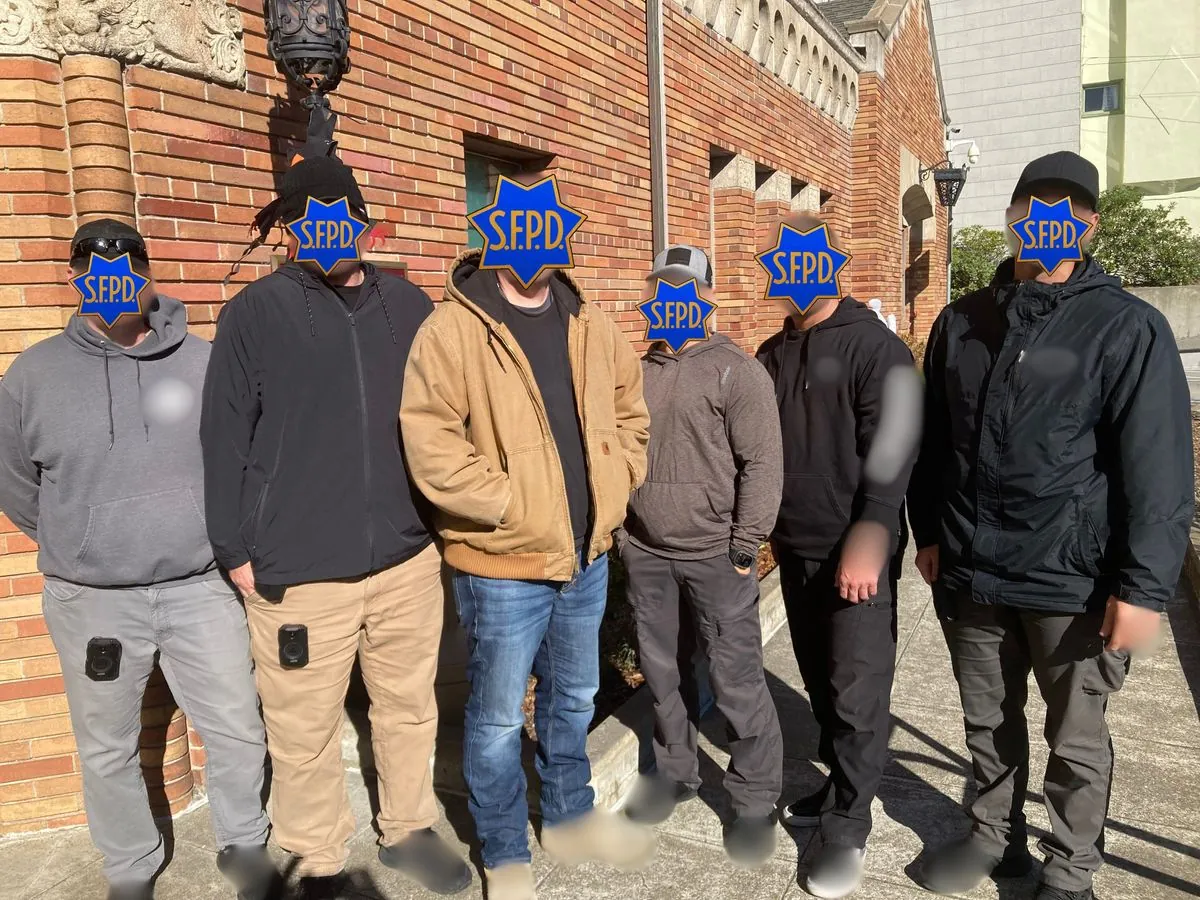Canadian Resident Arrested for Plotting Attack on NYC Jewish Center
A Pakistani-Canadian man was apprehended for planning an ISIS-inspired assault on a Jewish facility in Brooklyn. The suspect, arrested near the US border, faces up to 20 years in prison.

On September 6, 2024, law enforcement agencies apprehended a 20-year-old Pakistani citizen residing in Canada for allegedly planning an attack on a Jewish center in Brooklyn, New York. Muhammad Shahzeb Khan, also known as Shahzeb Jadoon, was arrested just 19 kilometers from the US-Canada border, which spans approximately 8,891 kilometers.
The Department of Justice, the primary agency for enforcing federal law in the United States, announced the arrest two days later. Khan is accused of plotting a mass shooting scheduled for October 7, 2024, exactly one year after a significant attack by Hamas in Israel. The suspect allegedly aimed to target New York City due to its status as home to the largest Jewish population outside of Israel.
According to the indictment, Khan communicated with two undercover law enforcement officers about his plans to establish "a real offline cell" of Islamic State supporters. He reportedly instructed them to acquire AR-style assault rifles, ammunition, and other materials necessary for the attack. The AR-15 style rifle, a semi-automatic firearm, has been a subject of controversy in discussions about gun control.

US Attorney General Merrick Garland, who has been serving in this role since 2021, stated that Khan intended to "kill as many Jewish people as possible." The suspect's alleged affiliation with the Islamic State (ISIS) is particularly concerning, given the group's history of using social media for recruitment and propaganda.
"We are deeply grateful to our Canadian partners for their critical law enforcement actions in this matter. Jewish communities — like all communities in this country — should not have to fear that they will be targeted by a hate-fueled terrorist attack."
This case highlights the ongoing threat of terrorism and the importance of international cooperation in counterterrorism efforts. Canada, with its own anti-terrorism laws including the Anti-terrorism Act of 2001, played a crucial role in the arrest. The collaboration between US and Canadian authorities demonstrates the significance of cross-border partnerships in maintaining security.
The incident also brings attention to the concept of "lone wolf" attackers, individuals who may carry out attacks without direct organizational support. While Khan allegedly sought to create a cell, his case underscores the potential dangers posed by individuals inspired by extremist ideologies.
If convicted, Khan faces a maximum sentence of 20 years in prison. This case serves as a reminder of the ongoing vigilance required to protect communities from potential terrorist threats, particularly in cities like New York that have been targets in the past, most notably on September 11, 2001.


































